In recent years, the scale of agricultural operations has expanded significantly in many parts of the world. With larger fields and longer growing seasons, water management has become a critical part of farm planning. To meet these increasing demands, many farmers are now turning to a High Flow Centrifugal Pump as a reliable solution for moving large volumes of water efficiently. As irrigation systems become more complex, the role of a durable and well-matched irrigation pump head has grown just as important.
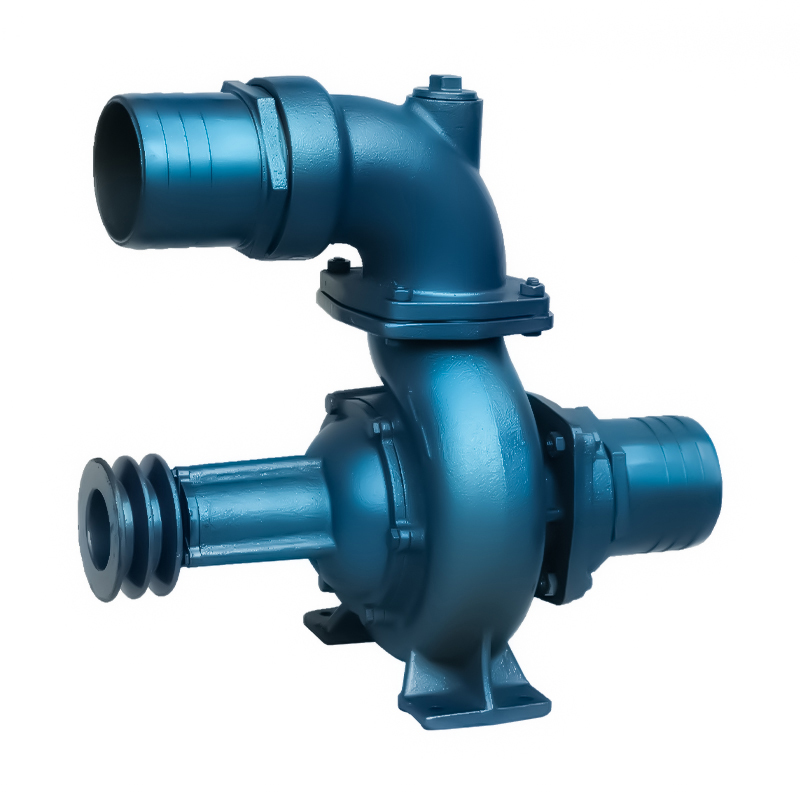
One key reason behind the shift toward high flow solutions is the need to maintain consistent water pressure across wider coverage areas. A High Flow Centrifugal Pump is designed to handle this kind of workload, making it easier for farmers to distribute water evenly over their fields. Whether it’s for crops that require steady moisture or for soil types that drain quickly, having the right pump setup can make a noticeable difference in results.
An efficient irrigation pump head helps convert motor power into usable water pressure, and choosing the right configuration can impact how far and how fast water travels. This is especially important for farms that rely on center pivot systems, drip lines, or long-run sprinklers. Matching the High Flow Centrifugal Pump with the proper irrigation pump head ensures that the system runs smoothly, avoiding unnecessary strain on equipment and less energy use.
Farmers have also noted the value of reducing downtime during peak watering periods. A High Flow Centrifugal Pump can run for longer hours without a drop in performance, especially when paired with a well-calibrated irrigation pump head. This means fewer interruptions and a more predictable irrigation schedule, which is vital during hot or dry weather conditions.
Another reason these pump systems are gaining attention is their adaptability. The same High Flow Centrifugal Pump can often be integrated into existing systems with small adjustment. By simply replacing or upgrading the irrigation pump head, farmers can increase output without a full overhaul of their setup. This flexibility makes it easier for operations of different sizes to make improvements based on their specific layout or crop needs.
Maintenance is another factor worth considering. Compared to some other options, a High Flow Centrifugal Pump typically requires less complicated service routines. With a standard irrigation pump head, regular checks and cleanings can go a long way in preventing clogs or mechanical issues. Many farmers appreciate being able to manage basic upkeep on their own, avoiding the need for frequent outside help.
Environmental considerations are also part of the discussion. Using a High Flow Centrifugal Pump can contribute to more precise water usage, especially when combined with an efficient irrigation pump head. Instead of overwatering or running systems longer than needed, farmers can fine-tune pressure and flow based on real-time field conditions. This helps conserve water and reduce waste, which is increasingly important as droughts and water restrictions become more common in agricultural regions.
The shift toward larger, more complex irrigation systems doesn’t seem to be slowing down. As a result, demand for reliable equipment like the High Flow Centrifugal Pump and the right irrigation pump head continues to grow. Farmers are looking not just for power, but also for control and efficiency. These pump systems offer a way to meet the needs of today’s larger fields without adding unnecessary complexity.
With rising costs, changing weather patterns, and tighter resource limits, farmers are making equipment choices that offer consistency and flexibility. The growing interest in High Flow Centrifugal Pumps and carefully selected irrigation pump heads reflects a practical approach to keeping crops healthy and operations sustainable.

 English
English русский
русский Español
Español
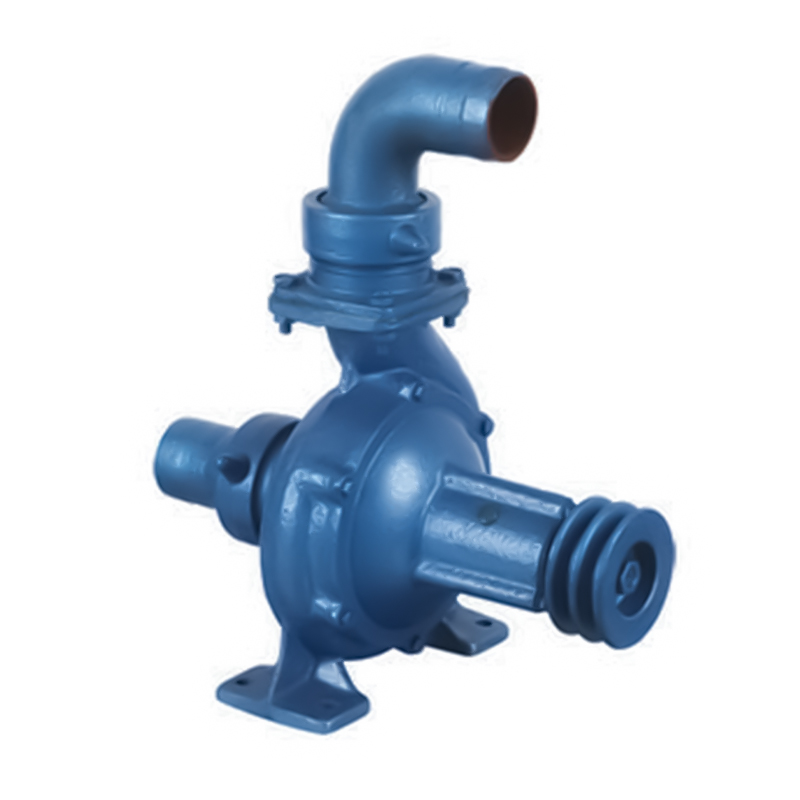
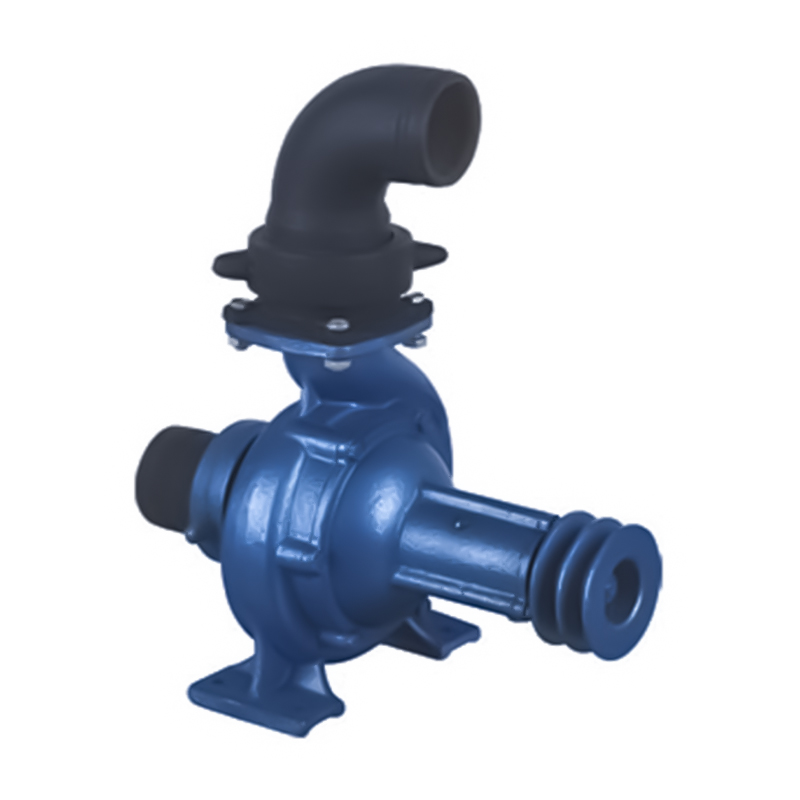

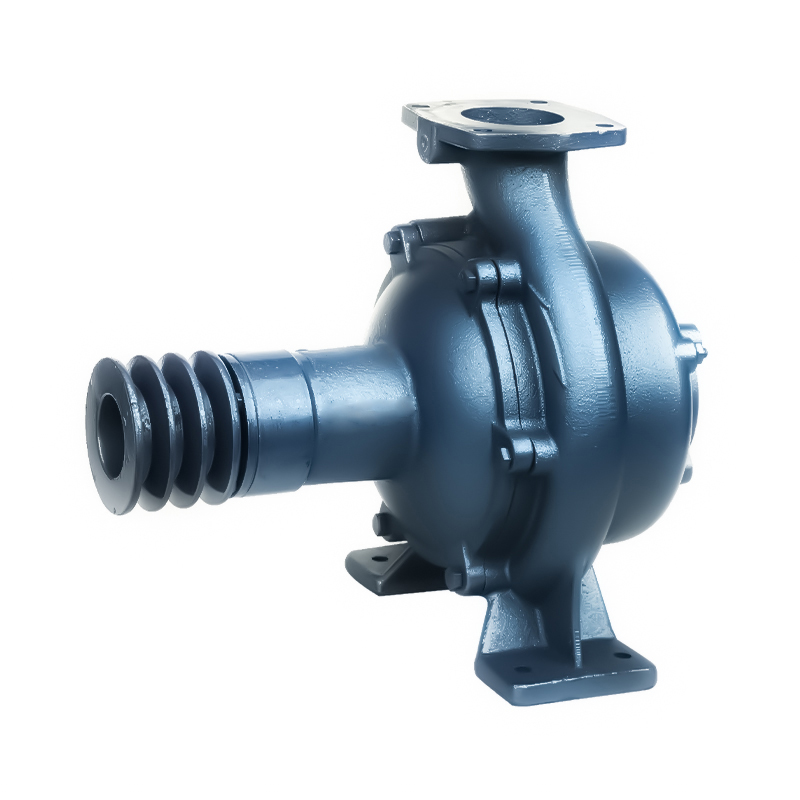
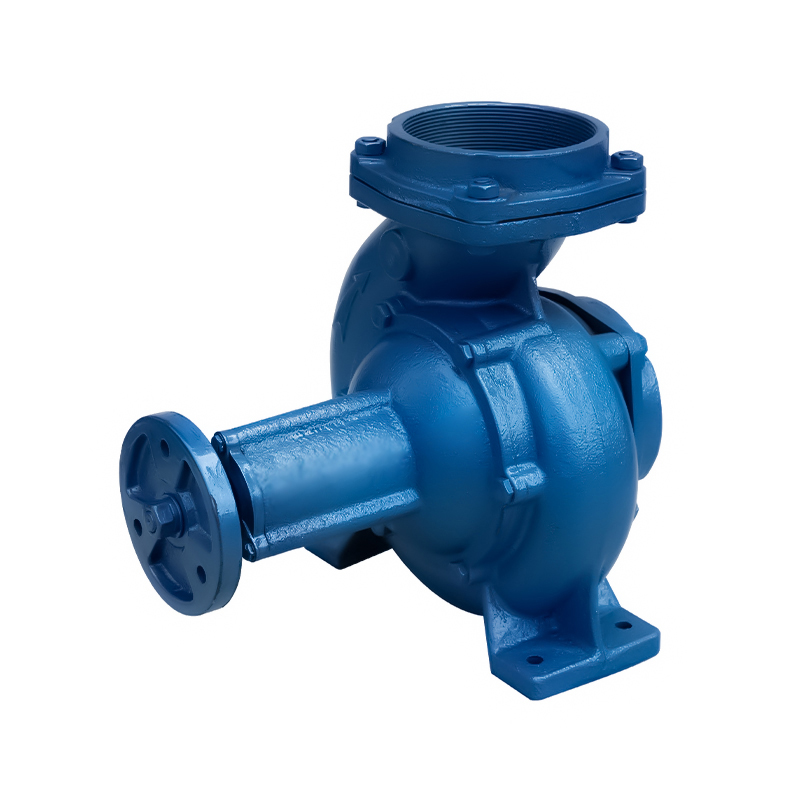
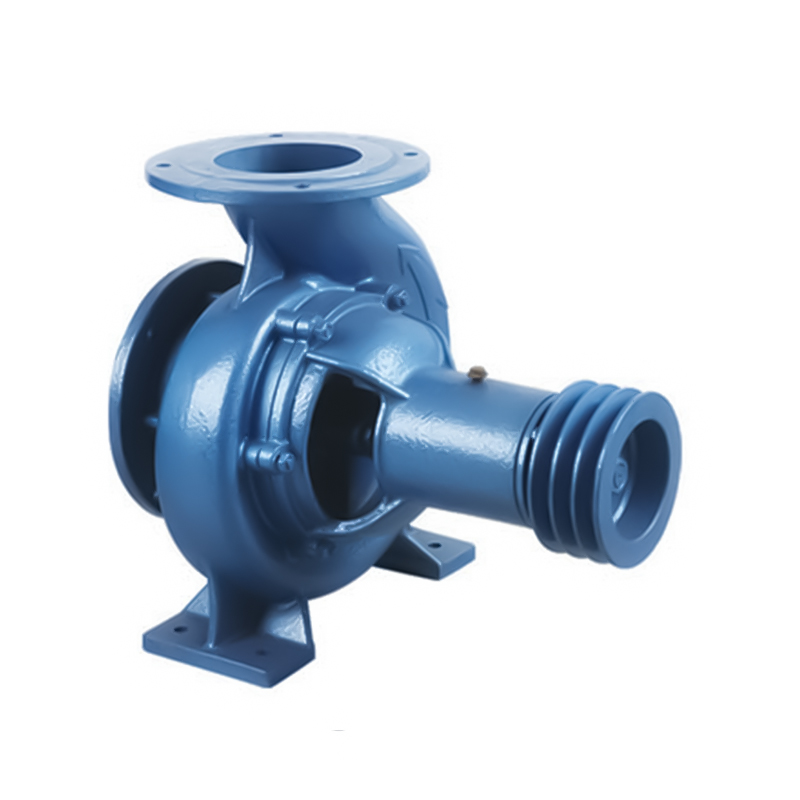
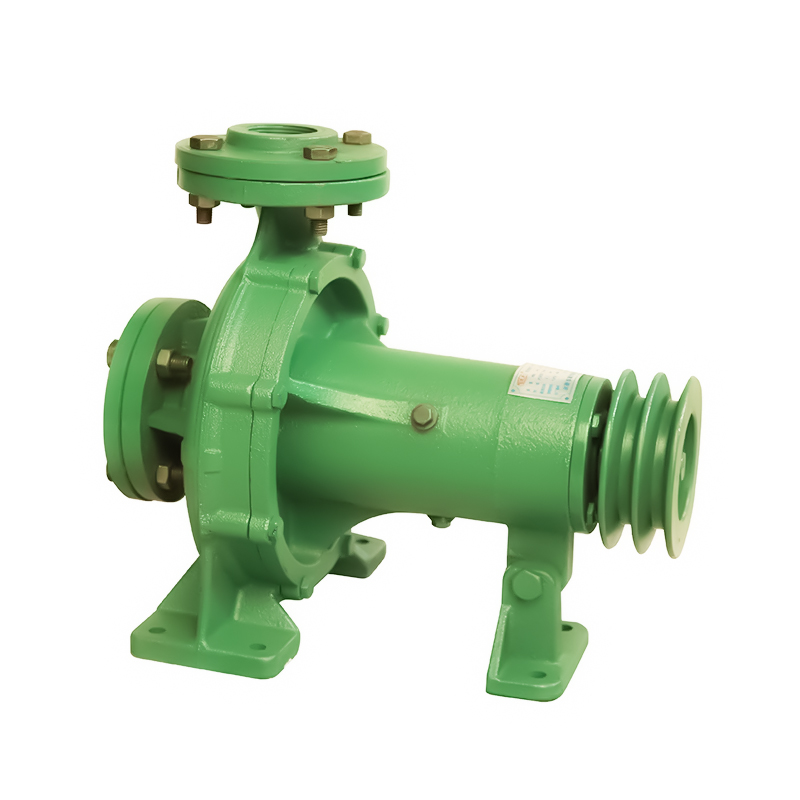

 Email:
Email:
 Phone:+86-13605899207
Phone:+86-13605899207

